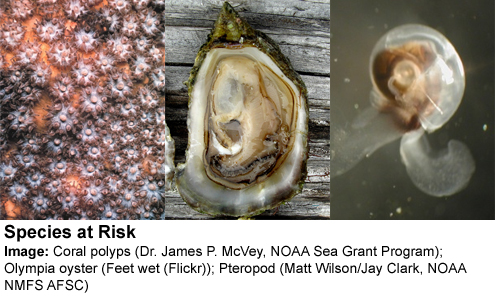 Arguments
Arguments
 Software
Software
 Resources
Comments
Resources
Comments
 The Consensus Project
The Consensus Project
 Translations
Translations
 About
Support
About
Support


Latest Posts
- Skeptical Science New Research for Week #6 2026
- The future of NCAR remains highly uncertain
- Fact brief - Can solar projects improve biodiversity?
- How the polar vortex and warm ocean intensified a major US winter storm
- 2026 SkS Weekly Climate Change & Global Warming News Roundup #05
- Help needed to get translations prepared for our website relaunch!
- Skeptical Science New Research for Week #5 2026
- Climate Variability Emerges as Both Risk and Opportunity for the Global Energy Transition
- Fact brief - Are solar projects hurting farmers and rural communities?
- Winter 2025-26 (finally) hits the U.S. with a vengeance
- 2026 SkS Weekly Climate Change & Global Warming News Roundup #04
- Skeptical Science New Research for Week #4 2026
- WMO confirms 2025 was one of warmest years on record
- Fact brief - Do solar panels release more emissions than burning fossil fuels?
- Keep it in the ground?
- 2026 SkS Weekly Climate Change & Global Warming News Roundup #03
- Skeptical Science New Research for Week #3 2026
- Climate Adam - Will 2026 Be The Hottest Year Ever Recorded?
- Fact brief - Does clearing trees for solar panels release more CO2 than the solar panels would prevent?
- Where things stand on climate change in 2026
- 2026 SkS Weekly Climate Change & Global Warming News Roundup #02
- Skeptical Science New Research for Week #2 2026
- UK renewables enjoy record year in 2025 – but gas power still rises
- Six climate stories that inspired us in 2025
- How to steer EVs towards the road of ‘mass adoption’
- 2026 SkS Weekly Climate Change & Global Warming News Roundup #01
- Skeptical Science New Research for Week #1 2026
- 2025 in review - busy in the boiler room
- Direct Air Capture
- IEA: Declining coal demand in China set to outweigh Trump’s pro-coal policies
Archived Rebuttal
This is the archived Basic rebuttal to the climate myth "Ocean acidification isn't serious". Click here to view the latest rebuttal.
What the science says...
|
Ocean acidification threatens entire marine food chains. |
Not all of the CO2 emitted by human industrial activities remains in the atmosphere. Between 25% and 50% of these emissions over the industrial period have been absorbed by the world’s oceans, preventing atmospheric CO2 buildup from being much, much worse.
But this atmospheric benefit comes at a considerable price.
As ocean waters absorb CO2 they become more acidic. This does not mean the oceans will become acid. Ocean life can be sensitive to slight changes in pH levels, and any drop in pH is an increase in acidity, even in an alkaline environment.
The acidity of global surface waters has increased by 30% in just the last 200 years. This rate of acidification is projected through the end of the century to accelerate even further with potentially catastrophic impacts to marine ecosystems.
Endorsed by seventy academies of science from around the world, a June 2009 statement from the InterAcademy Panel on International Issues (IAP) stated the following.
"The current rate of change is much more rapid than during any event over the last 65 million years. These changes in ocean chemistry are irreversible for many thousands of years, and the biological consequences could last much longer."
- The InterAcademy Panel, June 1, 2009
As surface waters become more acidic, it becomes more difficult for marine life like corals and shellfish to form the hard shells necessary for their survival, and coral reefs provide a home for more than 25% of all oceanic species. Tiny creatures called pteropods located at the base of many oceanic food chains can also be seriously impacted. The degradation of these species at the foundation of marine ecosystems could lead to the collapse of these environments with devastating implications to millions of people in the human populations that rely on them.
The IAP also stated that, if atmospheric CO2 were to reach 550 parts per million (ppm) along its current rapid ascent from its pre-industrial level of 280 ppm, coral reefs around the globe could be dissolving.

Basic rebuttal written by Michael Searcy
Update July 2015:
Here is a related lecture-video from Denial101x - Making Sense of Climate Science Denial
Updated on 2015-07-08 by pattimer.
THE ESCALATOR

(free to republish)
























































